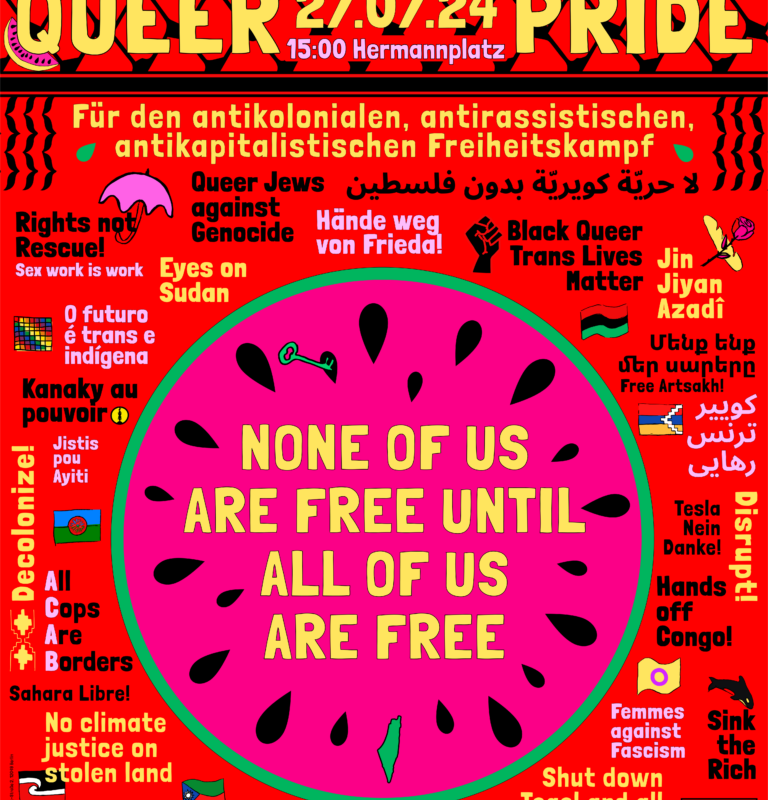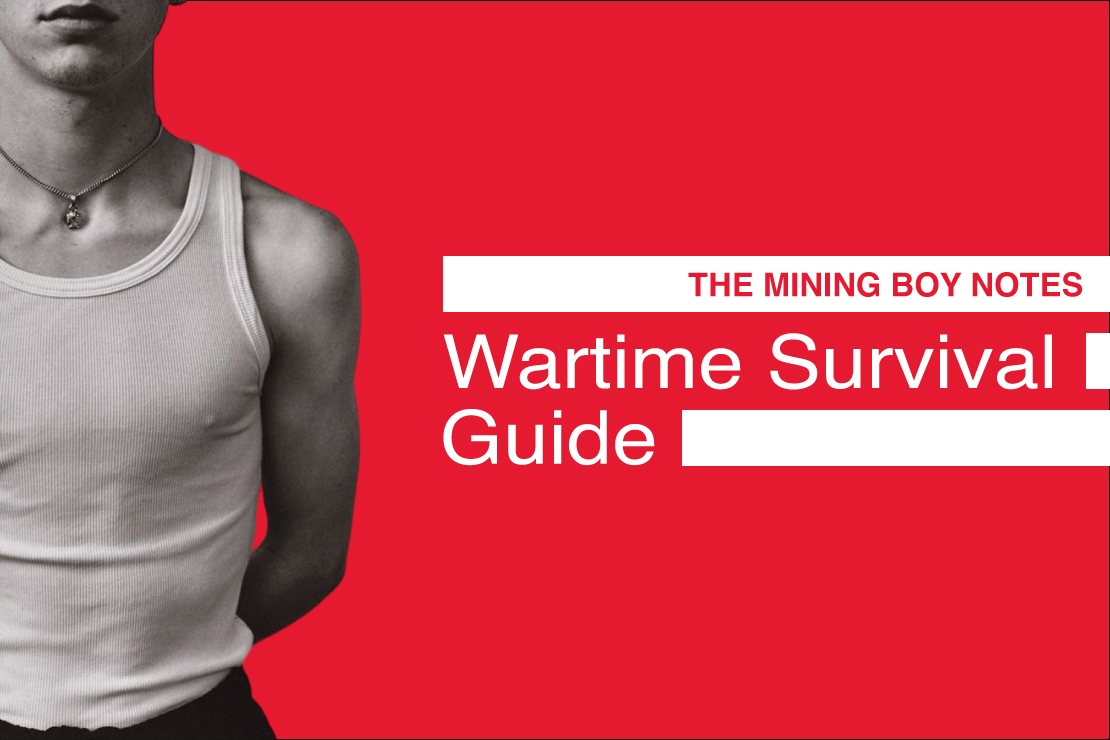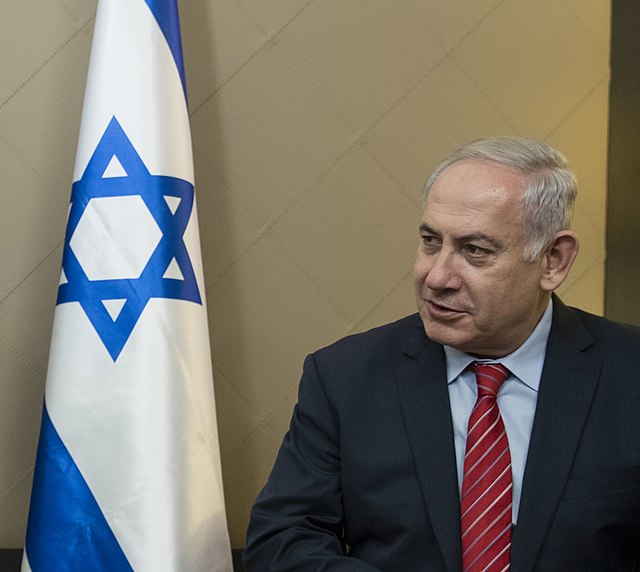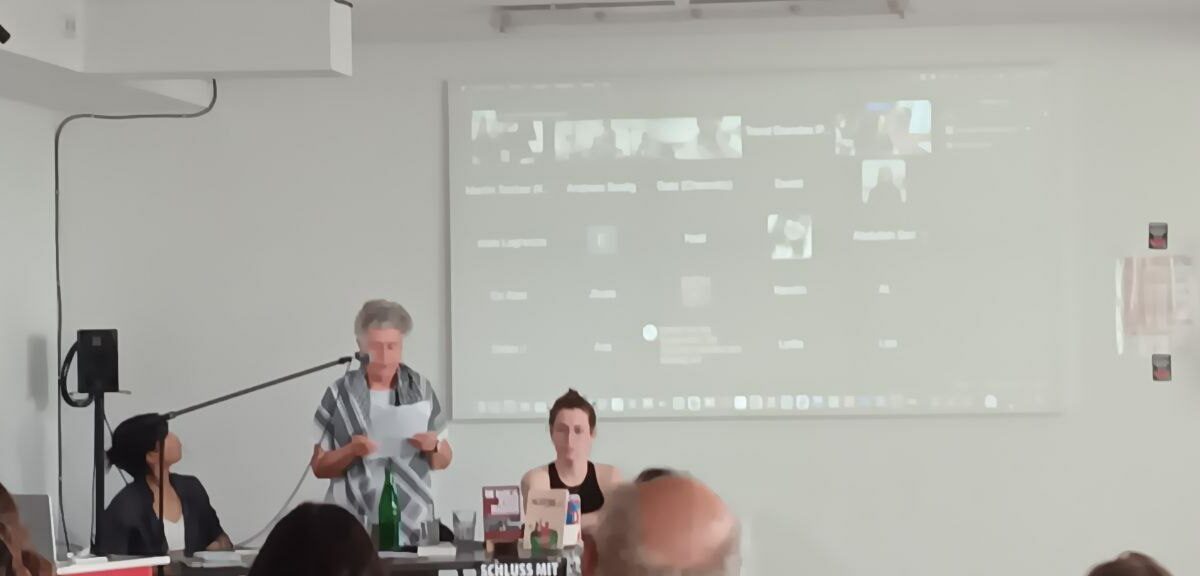We, the undersigned, who have been pleading for Jin Jiyan Azadî in the last year, demand an end to genocide, call for immediate ceasefire, and express our solidarity with the Palestinian people and their liberation struggle.
As we witness genocide being perpetrated by the Israeli state’s occupying forces against Palestinians, overwhelmingly the people of Gaza, as well as the residents of the West Bank, we are filled with anger, pain and devastation. We are deeply troubled by the racist, dehumanising language and hate speech casually broadcast by the Western media, which has complicitly facilitated the ongoing violence. Sitting in unspeakable grief for the countless lives and voices lost during this tragic period, we recognise that mere words and statements cannot restore the lives that we mourn. We firmly believe that the present circumstances demand immediate and urgent action to halt the ongoing genocide and end the systematic oppression of the Palestinian population under settler-colonialism and apartheid.
In addition to expressing our firm support for the Palestinian people in their quest for the fundamental right to “life,” and demand for “freedom,” the purpose of our statement is to extend an invitation to our comrades in the Jin Jiyan Azadî uprising to recognise and connect our struggle to that of the Palestinian resistance in its fight for the right to land, life, and belonging, and as such, a fight for self-determination and bodily autonomy which, as feminists, we must lend our voices and support to.
i) To our Palestinian comrades, we say:
As individuals who have lived in the political geography called “Iran” and under the yoke of the patriarchal and criminal regime of the Islamic Republic, within the broader racist capitalist world order, we know violence in its multifaceted depiction, from its plain to imperceptible forms. We, especially those of us who have been labelled as the “other” and dehumanised by state repression in the Islamic Republic, are acquainted with the ways in which structural state violence renders us disabled. Those of us who have been labelled and dehumanised as the “other” in the diaspora, are familiar with the multiple and intricate forms of state repression and colonialism that govern and violate our existence. As feminists, we know that the struggle for women’s liberation is bound to the collective struggle against capitalism and imperialism, whether we are fighting from Iran, the Global North, or Palestine. We discern you as comrades and companions in our pursuit of “life” and “freedom.”
We believe that just as systems of oppression are intertwined, it is imperative that we link and unite our struggles. There is no liberation that only knows how to say “I” and there is no freedom unless it is for all of us. We have learned the lesson of resistance and solidarity against systems of oppression from those who take to the streets in Palestine under Israeli occupation, our comrades in Afghanistan under Taliban rule, and our Kurdish sisters in Rojava. Generation after generation, we have learned resistance as a daily practice through the Palestinian struggle. We remember fondly that in the early days of the Jina movement, our feminist Palestinian comrades expressed their unwavering support , and recognised the Islamic Republic’s hand in exploiting the Palestinian people’s struggle for freedom. These connections remind us that solidarity is not a one-way or selective path, but a true declaration of “none of us are free until all of us are free”.
We know that the path to collective liberation is not through choosing between false dichotomies such as “global imperialism/Islamic Republic government” or “Israel colonial rule/Hamas reactionary force.” Equally, we recognise the need to avoid the synonimisation of anti-Semitism and pro-Palestine. Instead, it is about dismantling these binaries and oversimplifications altogether. For years, we have been made to believe that our only option is to choose between the “bad and worse.” Today, we say a loud and clear “no” to the false binaries presented to us, and stand against oppression and repression in all its forms. We learn the lessons of “life,” “freedom” and “humanity” from you and your resistance, and we will fight shoulder to shoulder with you until Palestine is free.
ii) To our comrades of the revolutionary Jina uprising, we say:
“Jin, Jiyan, Azadî” was our call to reclaim life through reclaiming our bodies. A roar of anger from our violated and oppressed bodies in pursuit of “life” not as it has been dictated to us. An opportunity for imagining otherwise, continuing the legacy of those freedom fighters who came before us. In the past year, we have been able to reclaim “revolution” from the rotten and patriarchal “revolutionary” discourse of the Islamic Republic. We reclaimed “revolution,” embodied it through the depths of our collective voices and redefined it through our feminist values and desires. Jina, deciphered “revolution”: Jin Jiyan Azadî.
Today, it is our obligation to walk a similar path in relation to the Palestinian struggle and to reclaim it from the discourse of the Islamic Republic. It is our duty to recognise the struggle for Palestinian liberation as part of the feminist and anti-colonial discourse and essence of the Jina uprising. Feminist solidarity and resistance with Palestine does not mean aligning with the constructed narratives of the Islamic Republic, but a rightful and necessary contemplation on the ideals of “freedom” and the fundamental right to “life.” It is a solidarity that, in opposition to the narratives crafted by states, from above, weaves us to the Palestinian people, from below. Let us not forget that the Israeli occupation of Palestine, and the Palestinian struggle for freedom, predates the Islamic Republic’s existence and hold of power in Iran. The Palestinian struggle for freedom neither begins nor is defined by the Islamic Republic. We must reject and free ourselves from the shackles of the Islamic Republic on the one hand, and the nationalist and far-right Iranian forces, especially monarchists in the diaspora, on the other, in relation to Palestine. Let us recognise our intertwined destinies and forge a path towards true transnational feminist solidarity with our dear comrades in Palestine.
We chant Jin Jiyan Azadî – in our thousands, and in our millions – for the freedom of our bodies, desires and destinies, until Palestine is free!
Note: this is a close but not literal translation of our statement in Farsi. This is because we want to acknowledge and speak to the plurality of lived experiences across languages and geographies among feminists in the Jina Revolution. Read the Farsi and translations into Arabic, German and Turkish here.



